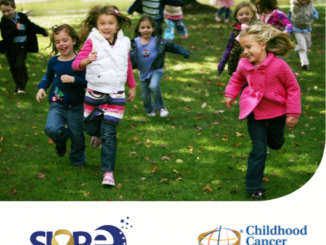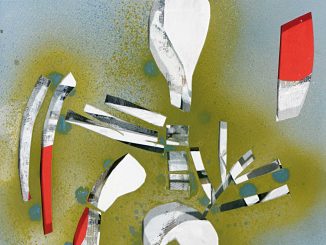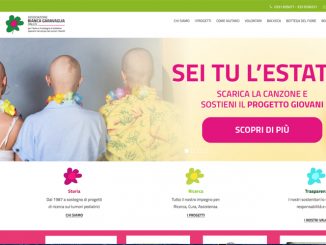Do children born after assisted reproductive technology (ART) have an increased risk of developing cancer than other children? Many studies published in recent years have provided contradictory evidence, but the largest research just published on the topic in the journal Human Reproduction, ruled out such a causal effect. This study considered the long-term cancer risk in ART children, comparing them to those in the general population, or who were naturally conceived by subfertile women. “These women are different from the general population and it is possible that difficulty in conceiving could be a factor that influences the risk of cancer in their offspring” said lead researcher Flora van Leeuwen, Head of the Department of Epidemiology in the Netherlands Cancer Institute in Amsterdam (The Netherlands).
The cohort analyzed included all live born offspring from women who have undergone sub-fertility treatments between 1980 and 2001 at one of 12 Dutch clinics (OMEGA study), who were followed for a median average of 21 years, the longest period of time for such comparison. Of 47.690 live-born children, 24.269 were ART-conceived, 13.761 were naturally conceived and 9.660 were conceived naturally or after administration of fertility drugs, such as ovarian stimulation medication, but not by ART. Cancer incidence was ascertained through linkage with the Netherlands Cancer Registry, from January 1989 to November 2016.
A total of 231 cancers was observed, of which 31 lymphoblastic leukaemia and 26 melanoma: overall cancer risk was not increased in ART-conceived children compared with naturally-conceived children from sub-fertile women (HR 1.00; 95% CI 0.72-1.38) nor the general population (standardised incidence ratios [SIRs] 1.11; 95% CI 0.90-1.36). Risks of lymphoblastic leukaemia (HR 2.44; 95% CI 0.81-7.37) and melanoma (HR 1.86; 95% CI 0.66-5.27) were non-significantly increased for ART-conceived children. Non-significanty increased risks were observed in children conceived by intra-cytoplasmic sperm injection (HR 1.52; 95% CI 0.81-2.85) or cryopreservation (HR 1.80; 95% CI 0.65-4.95).
“These results provide reassuring evidence that children conceived as a result of fertility treatments do not have an increased risk of cancer after a median follow-up of 21 years. They will enable physicians to better inform couples considering fertility treatment about its long-term safety for their children. However, as ever more children are born through intracytoplasmic sperm injection and cryopreservation of embryos, the long-term cancer risk should be investigated in larger numbers of children born as a result of these techniques” van Leeuwen concluded.
To gather more evidence, the study is now being expanded to include more than 30,000 ART-conceived children born in more recent years.





